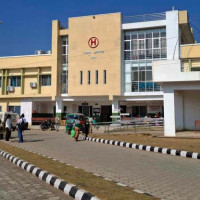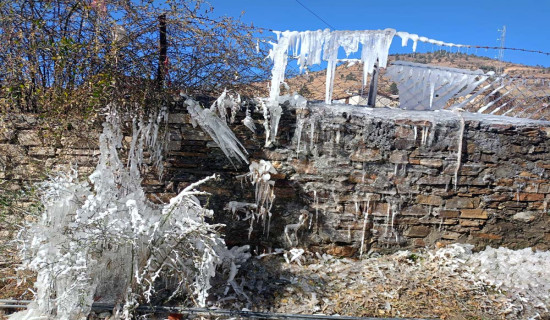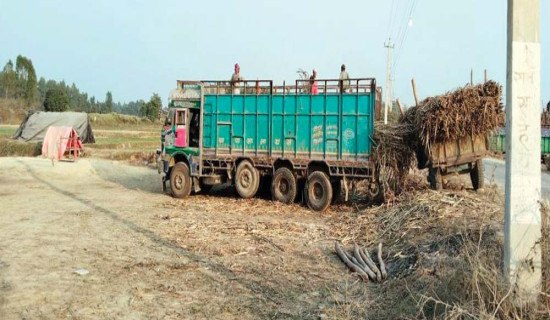- Thursday, 26 December 2024
Improving public education requires more than just political representation
By A Staff Reporter,Kathmandu, July 30: Education stakeholders expressed concerns that public education in Nepal might not see significant improvements solely by having local people's representatives as chairpersons of school management committees. In an interaction programme on 'Education, Federalism, and Local Government' organised by Education Journalist's Group, the stakeholders emphasised that their duties should not be limited to school management alone, as they have various other responsibilities.
Instead, the participants suggested that parents should play a more active role in school management, with the people's representatives supporting, facilitating, and monitoring their efforts. The quality of public education, they asserted, would improve naturally if local governments showed a greater interest and investment in the education sector.
One of the key issues that need to be discussed is the tendency of some teachers to prioritise their own privileges and facilities over their primary duty of teaching students, an educationist Biddhyanath Koirala said and added that teachers should focus on teaching, not on service facilities.
Koirala suggested that focus should be placed on critical aspects, such as ensuring teachers' capability to think and act on their own, incorporating technology to expand access, and fostering a culture of learning from successful practices in other schools.
Somat Ghimire, activist of local level government, lamented that the current system has made citizens passive, only participating in voting every five years without remaining actively engaged in the governance process. He called for increased citizen involvement and urged people to hold their representatives accountable.
Nabraj Rijal, education officer of Lalitpur Metropolitan City, said for lack of sufficient resources they cannot do improvement in education. He blamed that currently political parties are main hurdle to improve the education sector.
The participants recommended decentralising expert resources, allowing experts to contribute to local levels, and not just centralised institutions.
The programme emphasised the necessity of joint efforts among stakeholders to enhance the quality of education in Nepal.
Rabindra Prasad Lingden, Chairman of Haldibari Rural Municipality, stressed the positive impact of prioritising education in his municipality, highlighting the importance of investing in educational and technological infrastructure. The municipality of Jhapa has been providing free education up to grade twelve.
A book titled 'Local Government can Improve School Education', which features successful practices of local government, was also released during the event.




-square-thumb.jpg)












